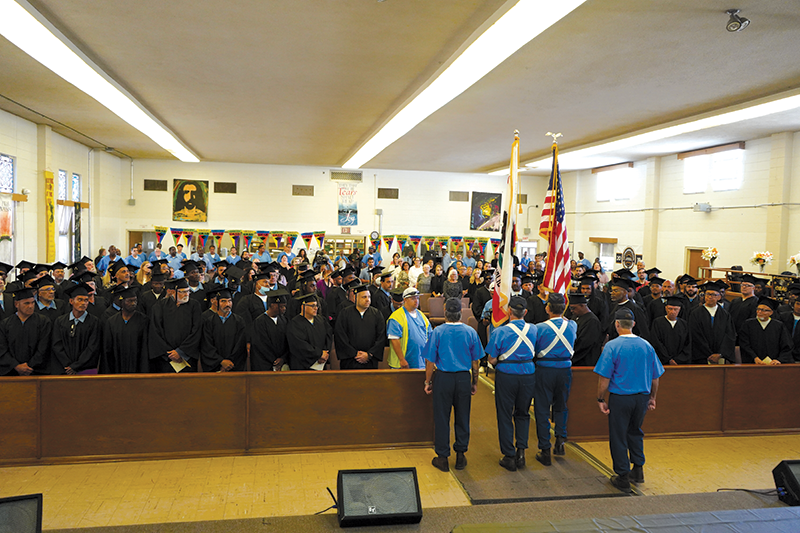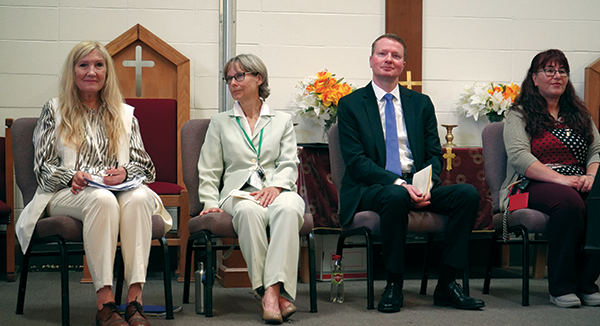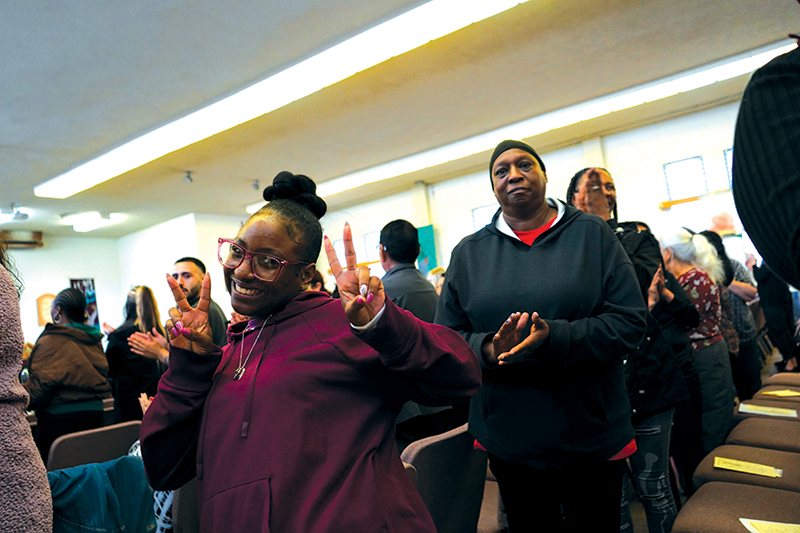BILL WOULD REQUIRE JUDGES TO CONSIDER RACE AS A MITIGATING FACTOR DURING SENTENCING
A new California bill is proposing that judges consider a criminal defendant’s race when determining prison sentences.
Assembly Bill 852, introduced by Assembly Member Reggie Jones-Sawyer, is being proposed in an effort to rectify the historical racial bias deeply engrained in the criminal legal system.

The relatively unknown bill passed through the Assembly in May and is now under consideration in the state Senate, according to Jones-Sawyer, who is the Democratic chair of the California Assembly’s Public Safety Committee.
If it eventually becomes law, the proposed bill will amend the California Penal Code to require judges to consider a convicted person’s race as a factor in mitigation when determining a prison sentence, if judicial discretion is allowed in the case.
The legislation was inspired in part by Gov. Gavin Newsom’s Reparations Task Force, which aims to address some of the harm from the legacy of slavery.

“The Legislature intends to rectify the racial bias that has historically permeated our criminal justice system as documented by the California Task Force to study and develop reparations proposals for African Americans,” the language of the bill reads.
The bill emphasizes that when judges exercise discretion in determining appropriate sentences, they must consider the disparate impact on historically disenfranchised and system-impacted people.

This legislation comes on the heels of the passage of Assembly Bill 256, the historic Racial Justice Act for All, which began taking effect January 1 of this year as part of a phased rollout for incarcerated people who qualify.

Assembly Bill 256, sponsored by Assembly Member Ash Kalra (D-San Jose), retroactively applies Kalra’s previous Assembly Bill 2542 passed by the Legislature in 2020 “to ensure equal access to justice for all.”

Based on Kalra’s bills, Section 745 of the California Penal Code now reads, “The state shall not seek or obtain a criminal conviction or seek, obtain, or impose a sentence on the basis of race, ethnicity, or national origin. A violation is established if the defendant proves by a preponderance of the evidence, that a judge, district attorney, law enforcement officer expert witness, juror, etc., uses racially discriminatory language, bias, or animus, whether explicit or implicit.”

Like the Racial Justice Act, proposed Assembly Bill 852 has its critics.
“[O]ur justice system is intended to focus on accountability for behavior without racial considerations,” said Republican Tom Lackey in arguing for “race-blind” policies. “The voice of victims and any potential repercussions for public safety should be our highest consideration when making decisions that directly impact California communities.”

However, in California studies show that Blacks and Latinos are sentenced under the state’s Three Strikes Law at far higher rates than their White counterparts.
According to a 2014 report by the American Civil Liberties Union, Blacks constitute only about 13% of the U.S. population but as of 2009 constituted 28.3% of all lifers, 56.4% of those serving Life Without Parole, and 56.1% of those who received LWOP for offenses committed as a juvenile. As of 2012, the ACLU’s research shows that 65.4% of prisoners serving LWOP for nonviolent offenses were Black.

“These racial disparities result from disparate treatment of Blacks at every stage of the criminal justice system, including stops and searches, arrests, prosecutions and plea negotiations, trials, and sentencing,” the report stated. “Race also matters at all phases and aspects of the criminal process, including the quality of representation, the charging phase, and the availability of plea agreements, each of which impact whether juvenile and adult defendants face a potential LWOP sentence.”

According to a 2018 report from the Judicial Council of California titled “Disposition of Criminal Cases According to the Race and Ethnicity of the Defendant,” race and ethnicity had a significant impact on conviction, level of conviction offense, and sentencing. The report was required under Penal Code Section 1170.45.
Blacks make up 19.5% of all felony defendants but 5.7% of the total California population, according to the Judicial Council’s report.

Assembly Bill 852 seeks to reduce the harmful effects of racism. It will require California courts to actively combat racial bias in the criminal court system by exercising a form of reverse damage control. This will be done by allowing a defendant’s minority racial status, such as being Black, as a mitigating circumstance during sentencing rather than an aggravating one, which as statistics show has been done throughout California’s history.

The legislation aims to ensure fairer outcomes for Blacks and other minorities by adding a new section to the Penal Code. If the bill passes, that Penal Code section will read, “Whenever the court has discretion to determine the appropriate sentence according to relevant statutes and the sentencing rules of the judicial council, the court presiding over a criminal matter shall consider the disparate impact on historically disenfranchised and system-impacted populations.”